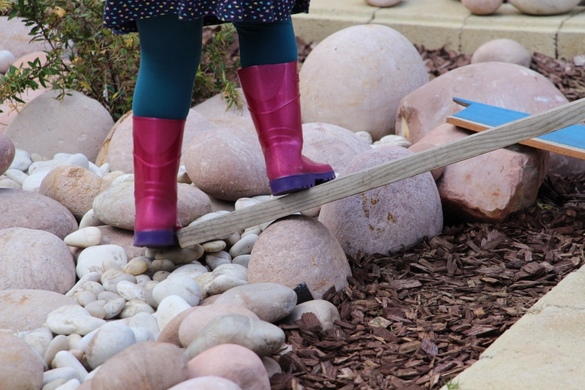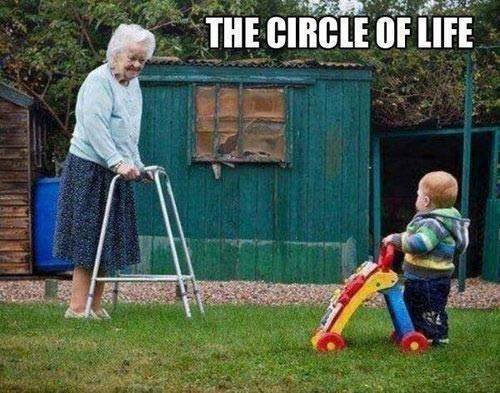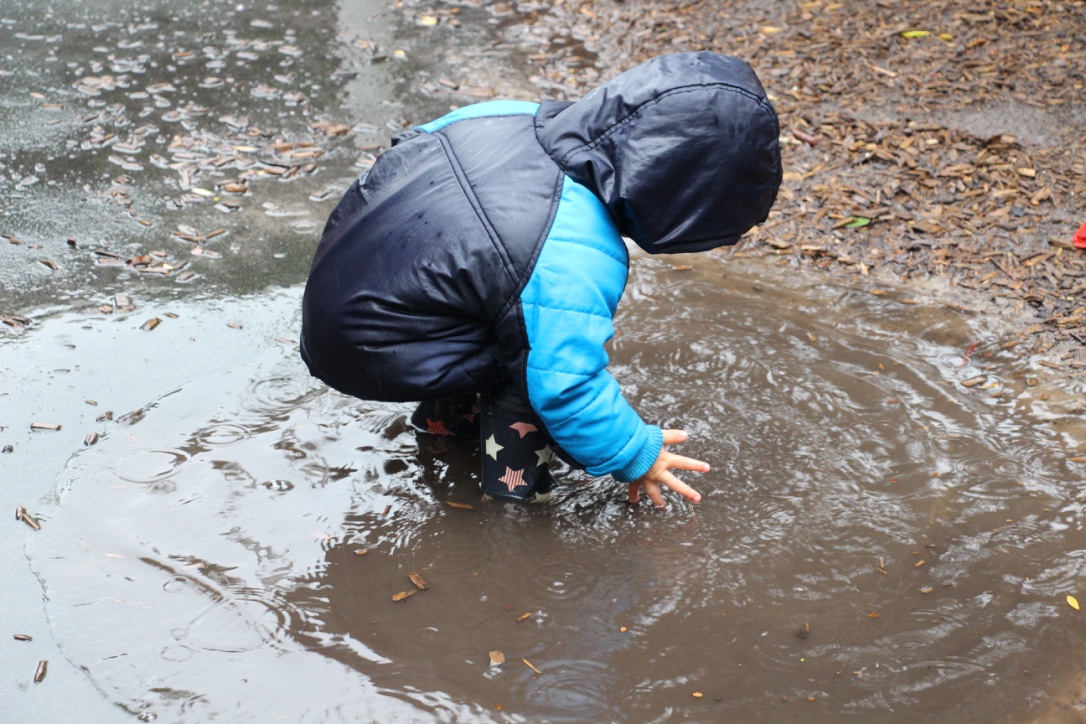Natural Learning
|
Do I believe in School Readiness? YES definitely - schools need to prepare themselves and be ready for our vulnerable young people transitioning through life! It makes me sad, angry, frustrated, mad when I hear that early childcare centres staffed by professionals, where children should be nurtured, valued and supported through researched and developmentally appropriate experiences, are formally "preparing" children for school. This usually involves:
Companies large and small have sprung up with a huge commercial interest in promoting school readiness programs using and abusing parental fears that their child is going to be left behind. "Tutors" feeding off these fears now offer extra lessons to children under 5 at astronomical costs to families. There is NO RESEARCH evidencing the long term benefits of such drastic early interventions. There IS RESEARCH showing that developmentally inappropriate experiences are harmful to children especially when 'done to children' at the expense of developmentally appropriate opportunities such as play. Sitting still is inappropriate when research shows children learn through movement, Being forced to learn to read and write is inappropriate when research shows most children best pick up this skill at the age of about 7. Sitting at a desk in front of a worksheet is inappropriate when research shows children learn best through sensory experiences. Developmentally appropriate learning is physical, active and sensorial - children need to develop their core strength before they are able to sit still, they need to develop upper body strength before they can effectively control a pencil. Many children do developed these early and have a desire to read and write at an early age, I would never hold back a child just as I would never push a child who is not developmentally ready yet. Occasionally a child may need early intervention to support development. We can't teach a child to crawl or walk, we can provide a supportive environment. Some children walk at 8 months, others at 18 months - does it matter? Some children are skilled talkers, readers or writers at 2, others at 4, or 5 or 6 - does it matter? Why do some adults feel that children need to be taught certain skills such as maths and literacy that have a 'commercial' value attached to them when providing a rich and supportive environment will allow children to develop these and other skills at their own rate without stress or even trauma! Childhood is not a race, every child develops at their own unique rate. As PROFESSIONALS working with children we need to nurture and support parents and not unreasonably add to their fears and concerns. We should be aware of developmental milestone ranges and not send parents to their doctors because a 4 year old boy is unable to sit still on the mat for 20 minutes. Our professional judgment is then called into question, my own GP recently commented "what is it with these early childhood teachers? They keep sending parents to me because the children don't sit still and can't concentrate, I then see a perfectly normal active child, often a little boy". Could it be that 'crying wolf' too often harms our professional status? We are the advocates for children and at times we may have to stand between the child and others - if we don't stand up for their rights - who will! When supporting children during the transition to school process in the last term we can talk about some school expectations such as all sitting together and lining up - we don't need to practice or prepare for years. I have not yet started to practice for my even older age! Mentoring and supporting parents, who only want the best for their children, is one of the roles of a skilled educator. Sharing that our curriculum is a play based curriculum researched and created by experts in their field. That play in an intentional environment is the foundation of academic learning. That teaching letters and numbers explicitly puts us in breach of the early years curriculum. Sharing research on the benefits of play such as these: Play shapes the structural design of the brain. Secure attachments and stimulation are significant aspects of brain development; play provides active exploration that assists in building and strengthening brain pathways. Play creates a brain that has increased ‘flexibility and improved potential for learning later in life’ (Lester & Russell, 2008, p. 9). Young children’s play allows them to explore, identify, negotiate, take risks and create meaning. The intellectual and cognitive benefits of playing have been well documented. Children who engage in quality play experiences are more likely to have well-developed memory skills, language development, and are able to regulate their behaviour, leading to enhanced school adjustment and academic learning (Bodrova & Leong, 2005). During a recent PD session in Perth, WA, Australia, a young educator approached me with information she shares with her families. Thank you very much Kathryn Yew of Whole Hearts Personal Child Care, for so generously allowing me to share some of your work. Her document, "Working Smart IS Play", considerations for School Readiness, Life balance and Navigating Child-Rearing (0-7), explores a number of life skill factors including::
(document shortened) Well-being (Interpersonal)
(for sitting in class) and Healthy Mind/Body Relationships
(Literacy, Math, Physics, Biology, Chemistry, Music/Art, Social Sciences, etc)
Learning Dispositions, Executive Function and Character Building
“Children's extraordinarily powerful drive to play…came about to help them survive. Throughout human history and pre-history, play has been children's primary means of acquiring the skills, values, and knowledge they need to survive within their culture. Children do not play to avoid the realities of life; they play at the realities of life. In doing so they come to grips with those realities--physically, intellectually, and emotionally” Peter Gray Ph.D. Value of Play III: How Children Confront Life's Challenges. https://www.psychologytoday.com/blog/freedom-learn/200812/value-play-iii-how-children-confront-lifes-challenges
3 Comments
|
AuthorNiki Buchan Archives
March 2022
Categories |





 RSS Feed
RSS Feed